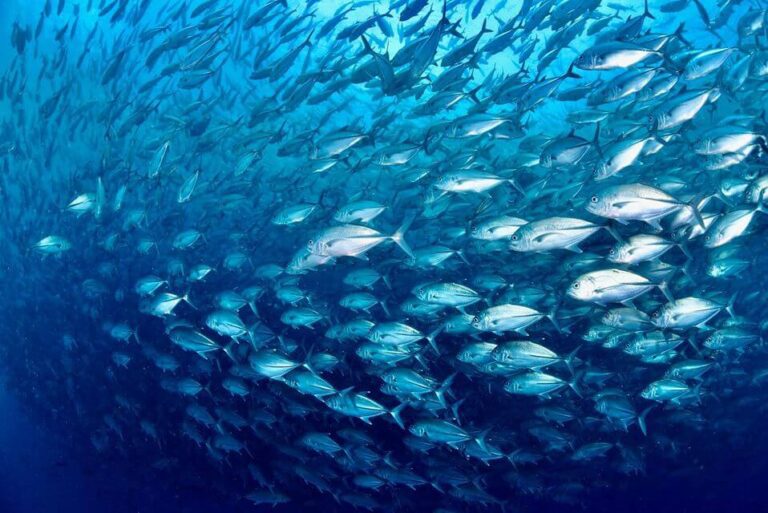
Whale sharks, the gentle giants of the sea, have captured the hearts of many marine enthusiasts and tourists worldwide. These majestic creatures have become an iconic attraction in places like Oslob, Cebu, and Lila, Bohol, where people flock to swim with them. While the allure of up-close encounters is undeniable, it’s essential to recognize the potential harm such practices can inflict on these magnificent animals and their fragile ecosystems.
1. Altered Behavior:
In Oslob, Cebu, whale sharks are lured with food to shallow waters, providing tourists with guaranteed sightings. While this might seem like an incredible opportunity, it has the unintended consequence of altering the natural behavior of these animals. They become reliant on the daily feedings, disrupting their migratory patterns and normal foraging behaviors.
2. Health Risks:
The practice of feeding whale sharks in Oslob and Lila poses health risks to the animals. It can lead to obesity, malnutrition, and unnatural interactions with boats and snorkelers. Feeding them exposes the creatures to pollution and potential harm from boats’ propellers.
3. Ecological Impact:
The increased boat traffic and infrastructure development associated with whale shark tourism can harm local marine ecosystems. Coral reefs, seagrass beds, and other habitats are at risk due to anchors, pollution, and habitat destruction.
4. Stress and Disruption:
Whale sharks are naturally migratory and roam large distances across oceans. Constant interaction with boats and swimmers can cause significant stress, leading to injury and even death.
5. Ethical Concerns:
Ethical concerns surround these operations. The focus often shifts from respecting and conserving these animals to simply entertaining tourists. The experience should prioritize the welfare of these magnificent creatures.
6. Unsustainable Growth:
The popularity of whale shark tourism in Oslob, Cebu, and Lila, Bohol, has led to unsustainable growth. More operators, boats, and tourists contribute to overcrowding, further stressing the marine environment.
In summary, while the allure of swimming with whale sharks in Oslob, Cebu, or Lila, Bohol is undeniable, it’s essential to recognize the ecological and ethical issues surrounding these practices. Responsible tourism should prioritize the well-being of these majestic creatures and their fragile ecosystems, ensuring that future generations can also marvel at their grace and beauty in the wild.
In conclusion, while the idea of swimming with whale sharks in Oslob, Cebu, and Lila, Bohol, may be tempting, it’s crucial to consider the long-term impact on these magnificent creatures and their habitats. Responsible and sustainable tourism practices are the key to preserving the magic of these gentle giants for generations to come. It’s not too late yet to make an impact by making the right choices.
How can we help you?
